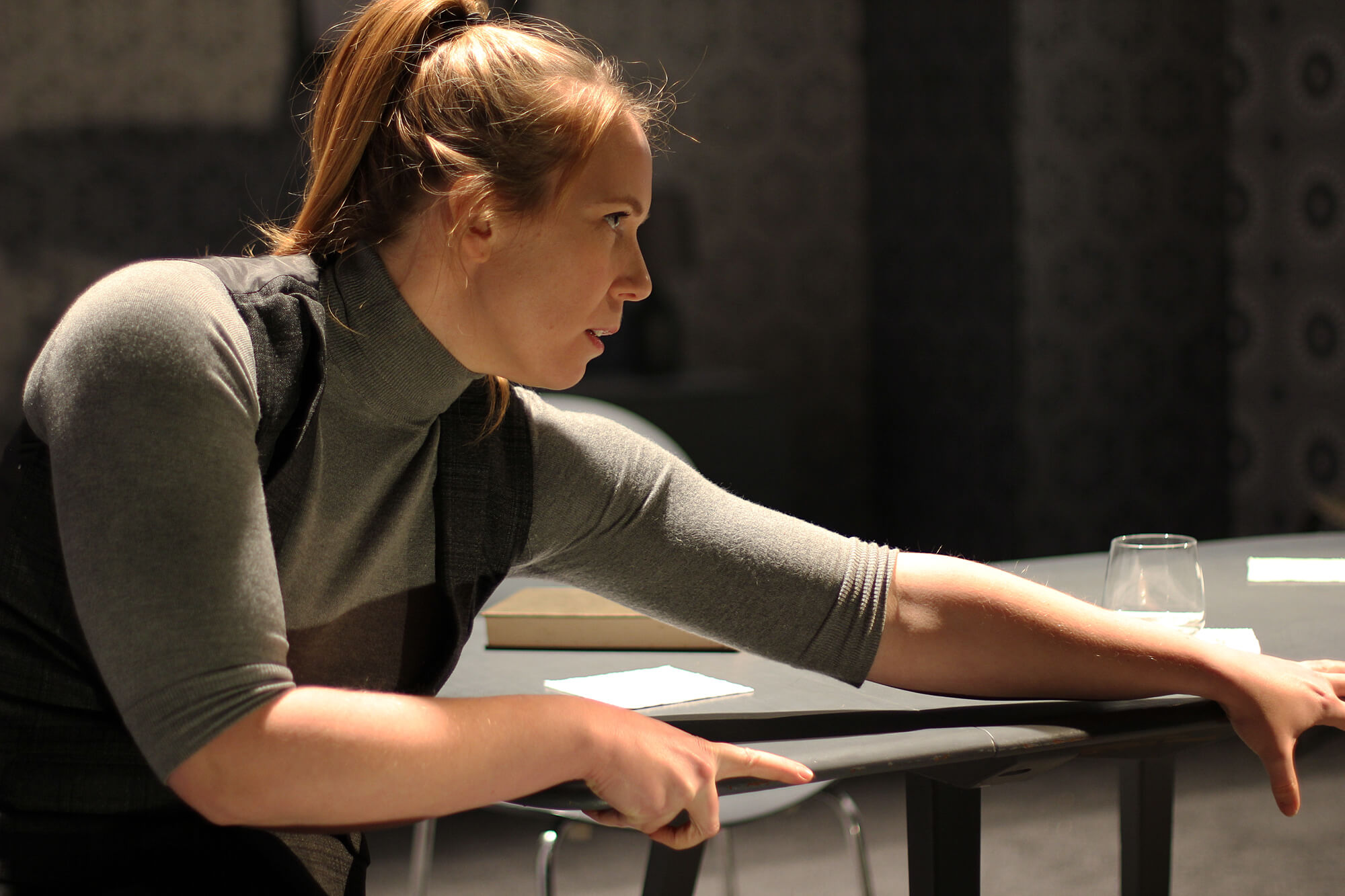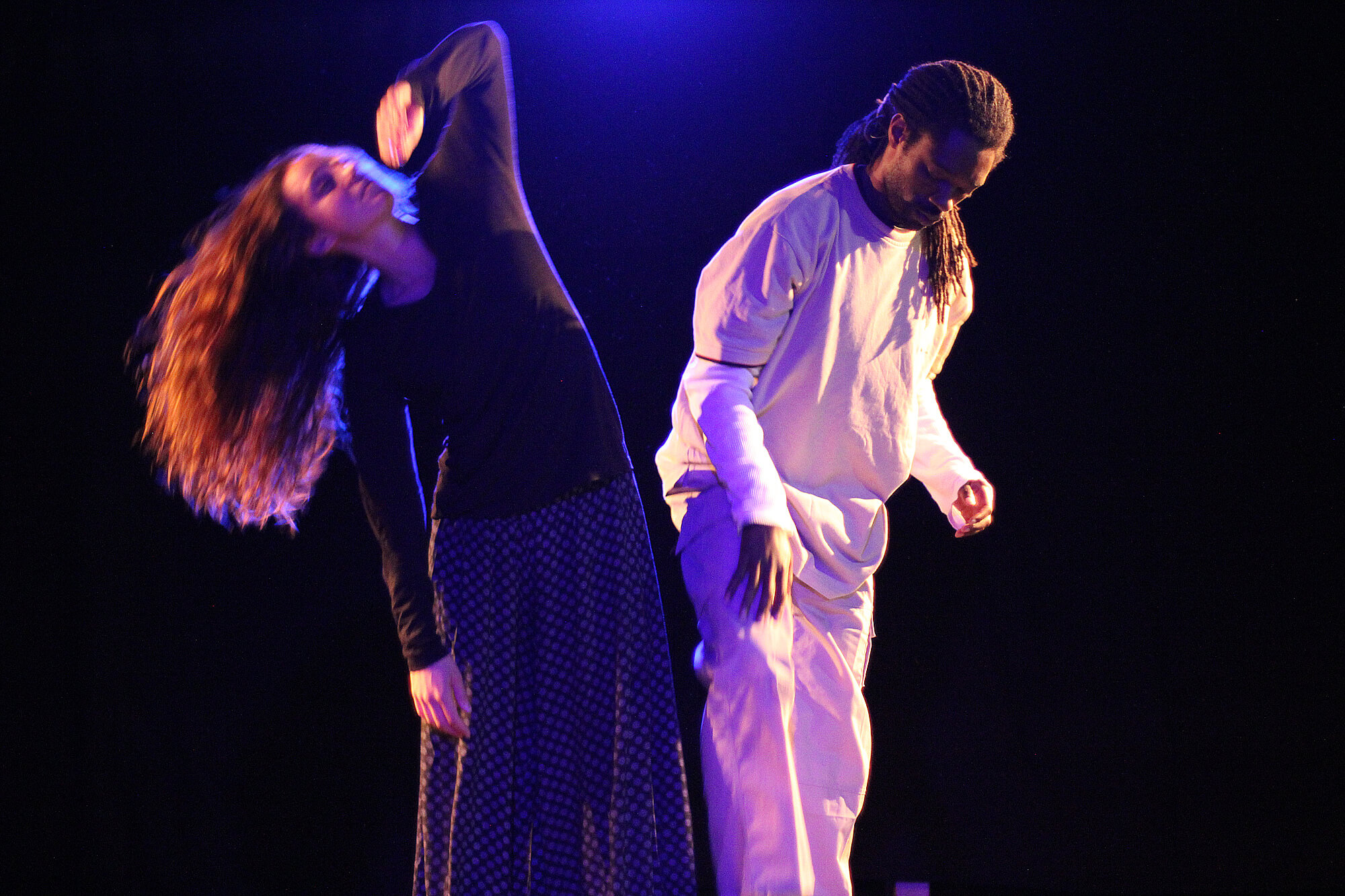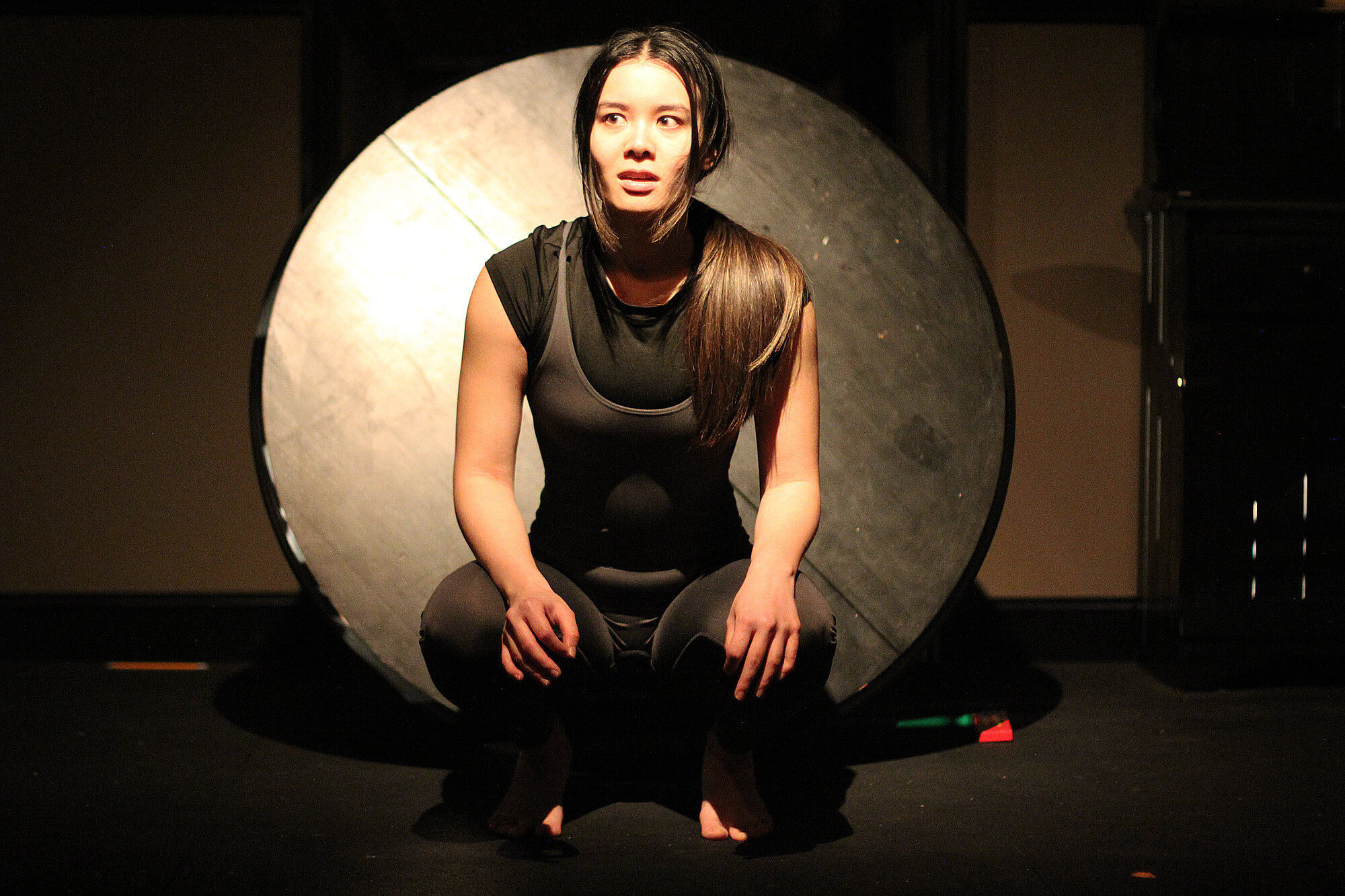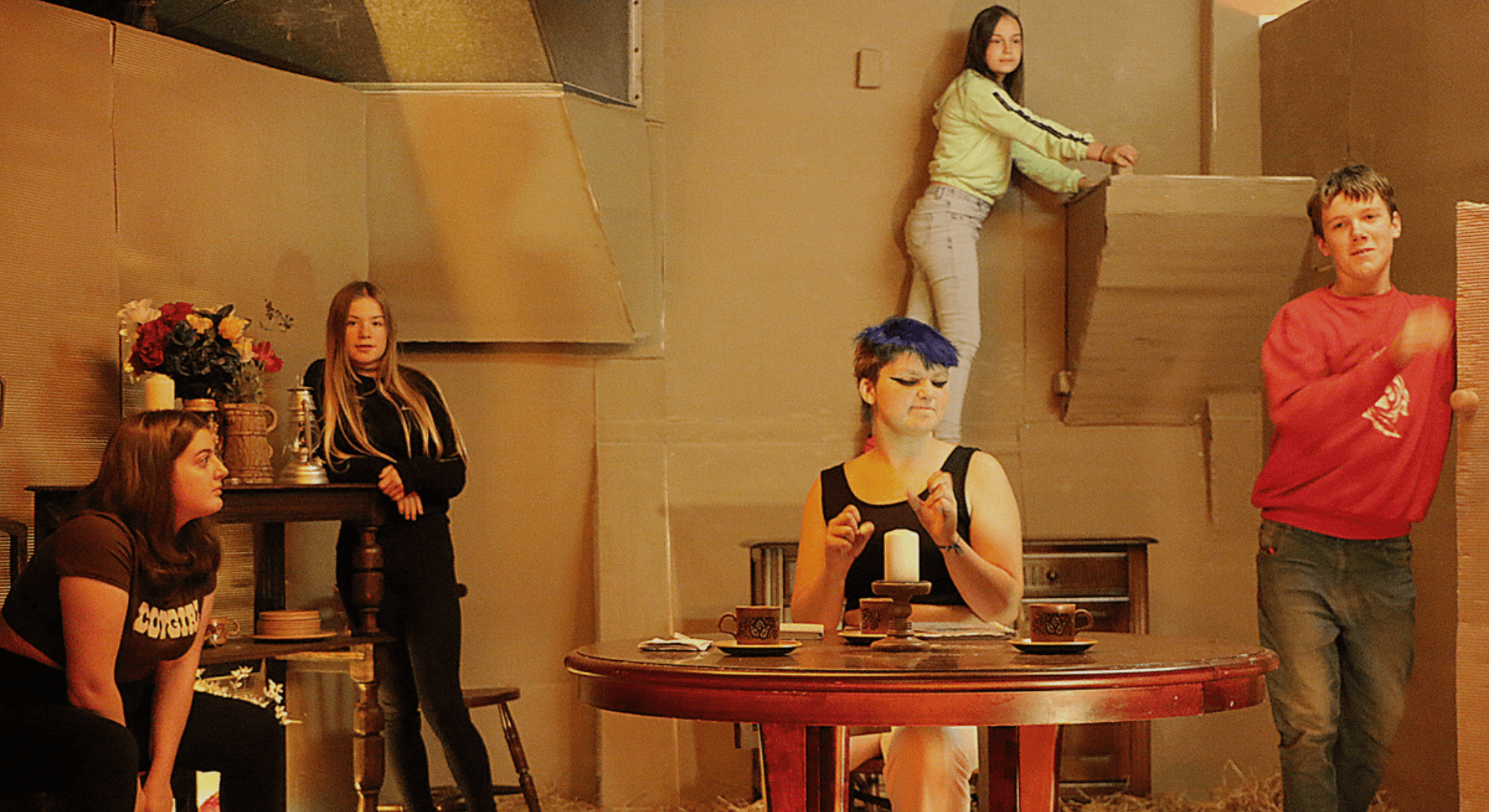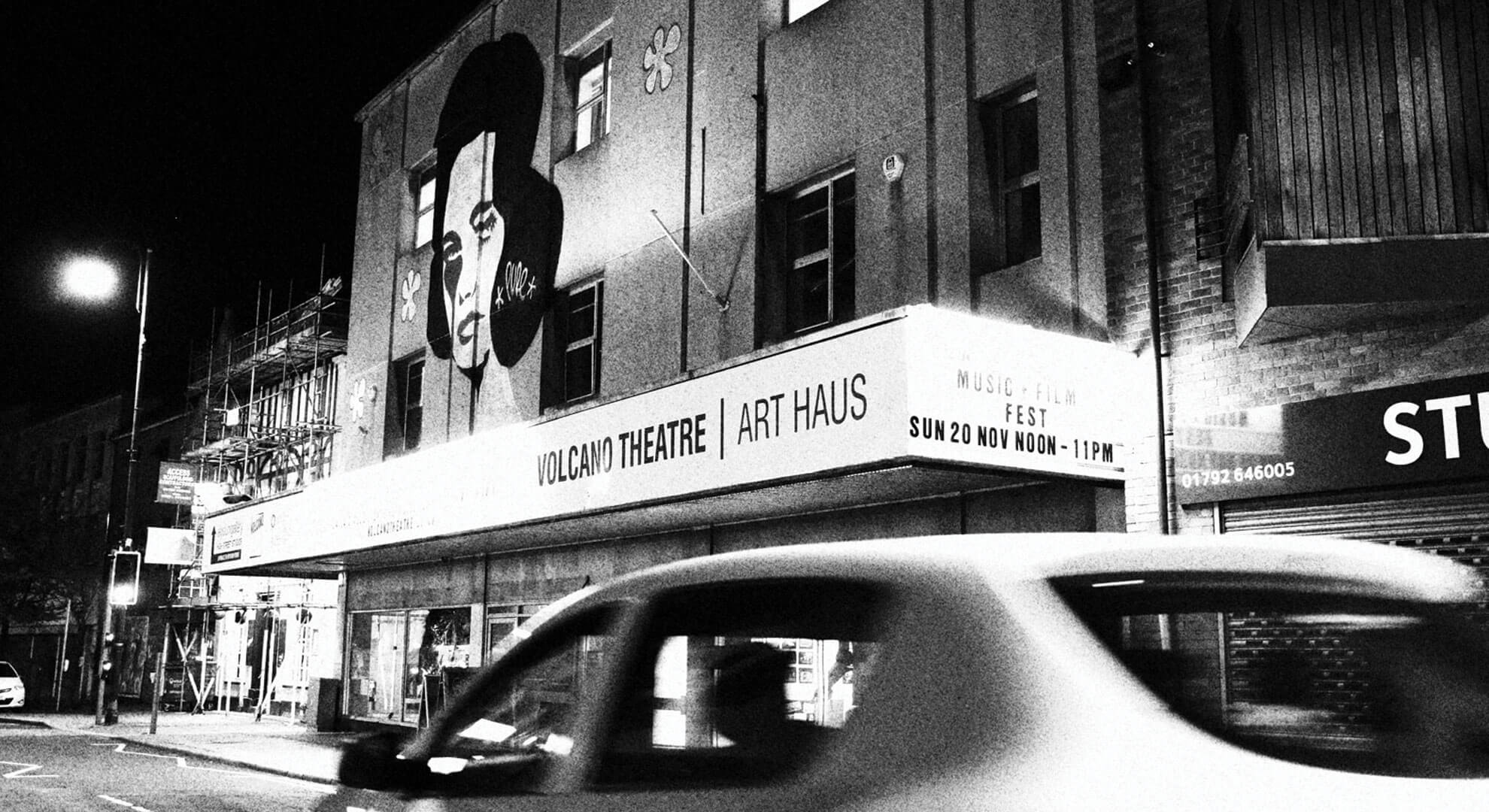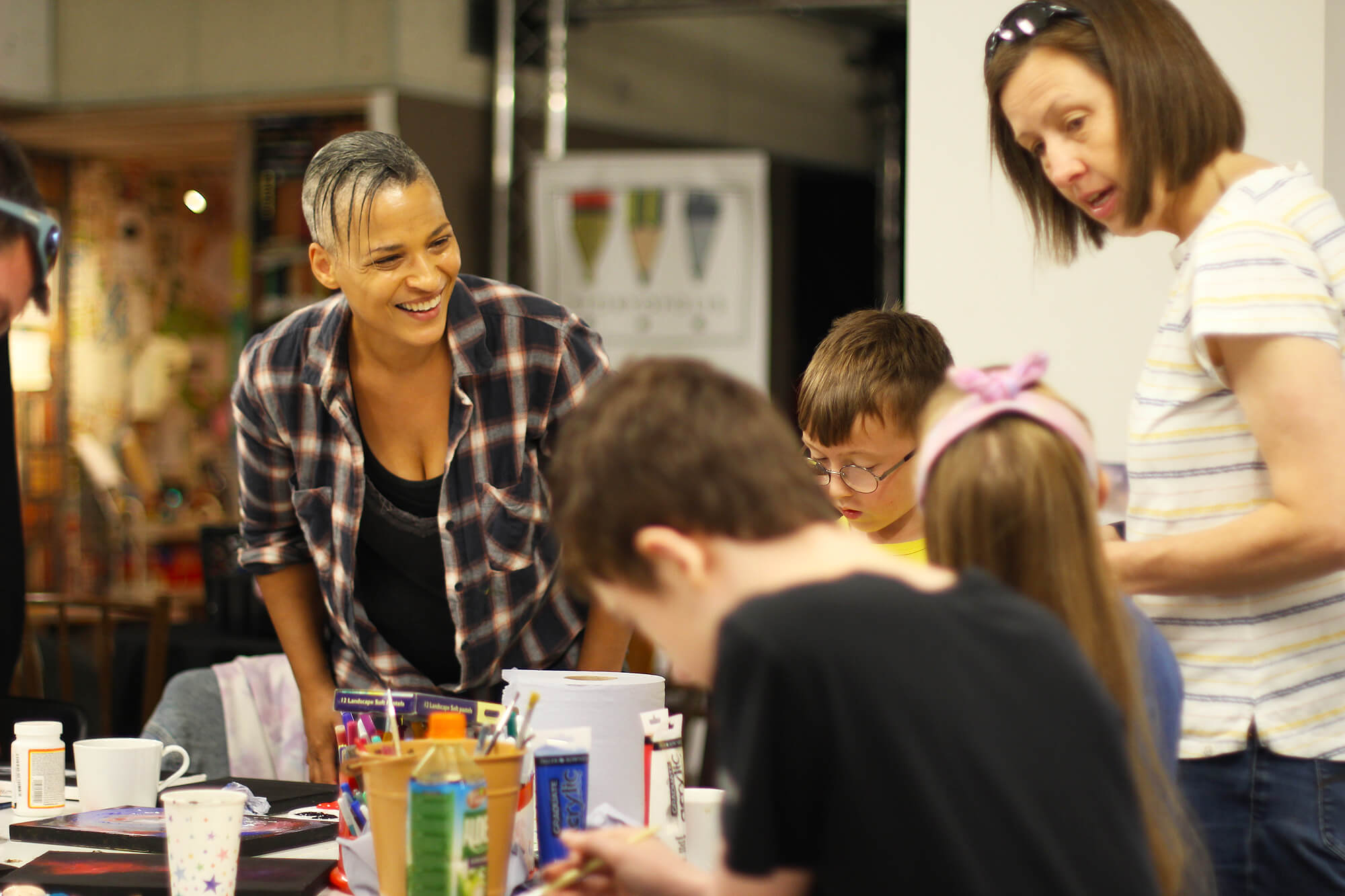A Sense of the Sea
Some thoughts on the Investment Review
A Sense of the Sea
The process of legitimising the distribution of scarce public funds is, quite properly, a time consuming and exhausting one. We drown in numbers, strategies, and plans. We predict transformation, justice and ever-widening engagement. We whip ourselves up into a fervour of rhetoric that makes the ideologues of the past seem like the political minnows they really were.
When the numbers and oratory pause for breath, there is time: to assist the people who come into our improvised arts centre – a woman who has come into the building looking for warm clothes; to pick up on a discussion about whether we can deliver a series of ADHD workshops; to look forward to the Latvian day of celebration and to prepare for the forthcoming pole dancers of the future. Any building on any High Street in Wales needs to have a wide definition of what counts as culture. The practical needs of people intervene in some of our more eloquent disquisitions.
The people’s interventions remind us that the market is not working, and we applaud its efficiency at the cost of turning a blind eye to its systematic inability to deliver better solutions and better lives to the many communities of Wales. And whilst simultaneously requiring significant public investment and engaging with the opportunities that the market offers (seductively or with a sledgehammer), it is now obvious that performance must retain a playfulness that distinguishes it from commerce. Theatre (or at least this kind of theatre) must retain its forensic critique of the everyday, its dictionary of dreams and its childish, hopeful disorder. Only by doing so can we flourish in the hearts and minds of the young, the sympathetic and the strangers whose needs remain unspoken, unfulfilled.
Recipients of public funding often talk of crisis when faced with the looming prospect of change and legitimation, but by this I suspect we are calling for a more elastic definition of time rather than a wholesale destruction of the mechanism by which we exist. Time, to see that the improvised art spaces of Wales are having a huge impact; that change happens at street level, that every time the door opens and some Don Quixote swaggers or staggers in, we must welcome them as if we have been waiting for them for ever. The health of our national organisations depends upon these street level encounters – it is the proximity and conviviality of these encounters that provides the fabric of all that we do and most that we hope for.
Without an ethnographical understanding of how we encounter the arts, our larger institutions will float rudderless on an ocean of poverty and plenty, their attempts to connect with diverse communities appearing ever more vainglorious and irrelevant. The public sphere is full of vessels that have set out to navigate the seas but are now lost and unable to determine which direction they travel. The proliferation of modes of communication is not a substitute for the real business of talking, conversation and theatre making. When the seas are mountainous it is easy to dream of a port. But landing and staying put can be as perilous as any journey. It takes guts to open the door of a shop, a pub, a school, a sports centre, or a theatre. Guts and a certain sense of the sea.
Paul Davies, March 2023

